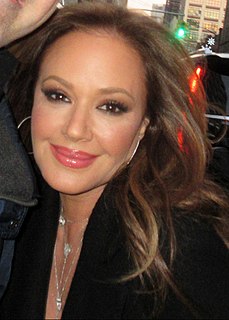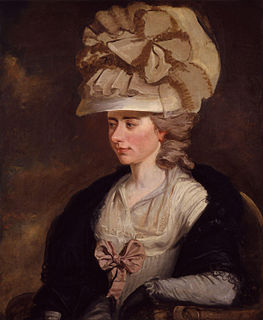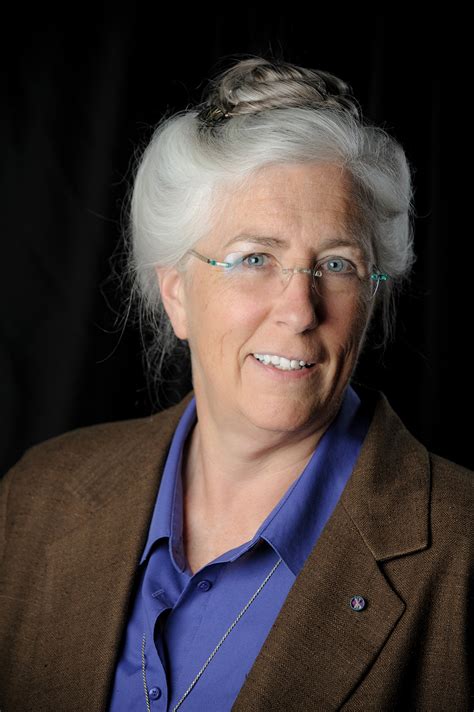A Quote by Leah Remini
Related Quotes
I hadn't read any of the books before, but I have since we started. It's so funny because I'm reading a book of a person that I'm playing. Then, here's this person that she's in a relationship with and, what we're shooting now, we're not in a relationship. I'm getting a prequel and a history to these people in the book. It's very odd. It's very weird because it's like The Twilight Zone.
A journal is a very personal thing. As far as possible, to write this sort of book you need to know and feel your character as a person and then put yourself into that person's mind, place and time. Trying to stay in that person, place and time is a challenge when surrounded by this very different world of the 21st century.
I have this very moment finished reading a novel called The Vicar of Wakefield [by Oliver Goldsmith].... It appears to me, to be impossible any person could read this book through with a dry eye and yet, I don't much like it.... There is but very little story, the plot is thin, the incidents very rare, the sentiments uncommon, the vicar is contented, humble, pious, virtuous--but upon the whole the book has not at all satisfied my expectations.
It's not about you, it's about the next person. The single best use of a business book is to help someone else. Sharing what you read, handing the book to a person who needs it... pushing those around you to get in sync and to take action-that's the main reason it's a book, not a video or a seminar. A book is a souvenir and a container and a motivator and an easily leveraged tool. Hoarding books makes them worth less, not more.
The technique of the book and the technique carried by the figure of Scheherazade is one of opening the Sultan's mind. He's emblematic of the ignorant person: the ignorant, lock-in, raging man who wants to kill all he doesn't understand. The model of the book is the extraordinary, very-large, Mirror of Princes.
I was fifteen when I first met Sherlock Holmes, fifteen years old with my nose in a book as I walked the Sussex Downs, and nearly stepped on him. In my defense I must say it was an engrossing book, and it was very rare to come across another person in that particular part of the world in that war year of 1915.
No one really knows the value of book tours. Whether or not they're good ideas, or if they improve book sales. I happen to think the author is the last person you'd want to talk to about a book. They hate it by that point; they've already moved on to a new lover. Besides, the author never knows what the book is about anyway.




































